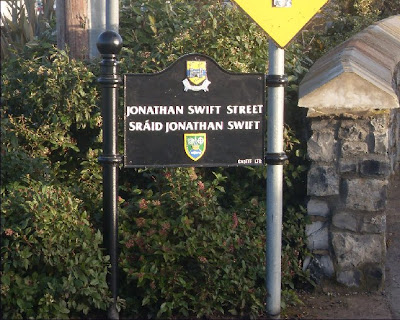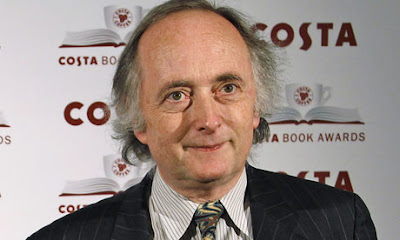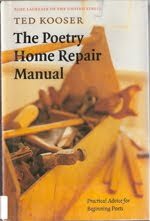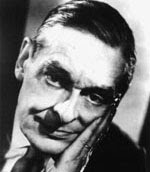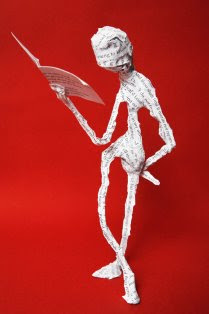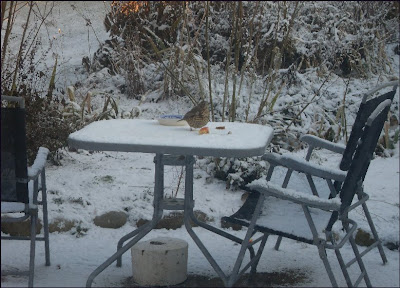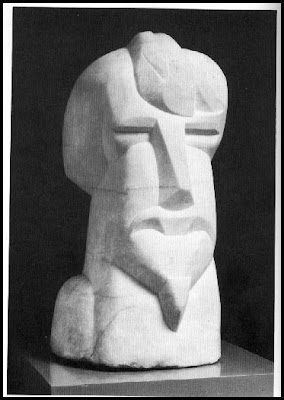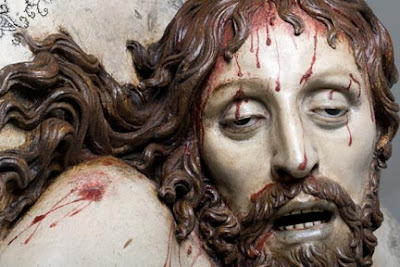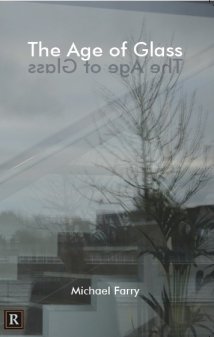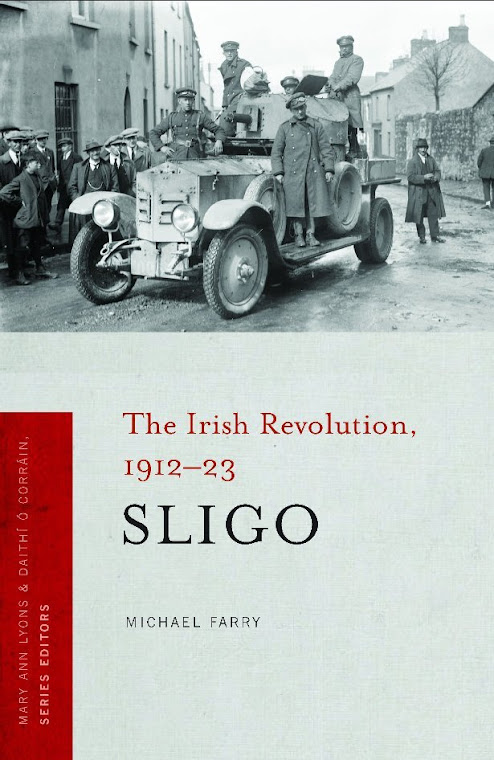As mentioned in the previous posting the
Plough Prize critique included a sheet of advice on entering poetry competitions. Here it is
, or most of it:
PresentationTo impress a judge or editor, make sure that your poems are perfectly presented. Read any entry or submission guidelines carefully and follow them to the letter.
TitleA good title will grab attention at the outset. Remember that the judge or editor will probably be faced with many poems entitled ‘Spring’ or ‘Memories’, and try to think of a less overworked title that gives the reader a sense of the emotion, excitement or discovery of your poem. It’s a rule of thumb in poetry that the specific is more engaging and interesting than the abstract, so use your title to evoke a clear image in the mind of the reader: if your poem is about the garden in spring, for instance, ‘Turning the Compost’ would make a better title than ‘Springtime’. Try not to use the first line of your poem as its title – this tends to suggest a lack of imagination, or even laziness. In fact, it’s usually better to avoid using as the title any phrase that appears in the poem ‘as is’. The title is very much a part of the poem, and with a bit of thought and imagination it can be used to add a whole new idea or dimension to the mix.
Subject/ideaSome subjects crop up again and again in poetry, making it hard to find anything new to say about them. That’s not to say that you shouldn’t write about them yourself, but competition judges and editors are unlikely to be inspired by such poems unless you can find a fresh focus on the subject. Some poets delight in wilful obscurity, feeling that if they can thoroughly confuse their reader they have somehow scored points over them in the cleverness stakes. Actually the reader is more likely to be annoyed and frustrated than impressed. Try not to pack too many ideas into a single poem, but instead aim for a piercingly clear focus on a single idea or image, and be specific: if you’re writing about an earthquake, for instance, show your reader the rag doll in the rubble rather than a ‘long shot’ of the faceless dispossessed masses. If you write about an intensely personal experience, try doing so from the point of an observer rather than as the main character in the poem. Readers can experience such poems as rants or whines if they are written in the first person.
Formal poemsWhen writing formal poetry (that is, poems with regular meter and rhyme scheme like sonnets, or a syllable-counted form like haiku) ask yourself whether the form you’ve chosen enhances your subject matter. For instance, sestinas tend to have a haunting quality, while ballads are great for telling a story. Once you’ve chosen your form, try to stick to it – wonky meter and rhyme schemes that run out half way through a stanza can frustrate and disappoint the reader.
Free verseIf you choose free verse, remember that it isn’t simply prose with line breaks. Line lengths may vary and you won’t be using a regular rhyme scheme, but you can still use many of the devices of poetry - rhythm, patterns of sound and repetition and carefully placed line and stanza breaks - to give your poem shape and cohesion. Don’t forget that the reader will find a long, unbroken block of text forbidding and difficult to read.
StyleGood poetry tells neither too much nor too little, giving the reader enough information to find a way into the poem while still allowing room for his or her own imagination and interpretation. Archaic language like ‘thine’ and ‘t’was’ and poeticisms like ‘O!’ distance the poem from the reader’s life and experiences and prevent engagement, and inverting word order to meet the demands of rhyme and meter jars with the reader, drawing attention to the ‘workings’ of the poem. Adjectives should be used sparingly in poetry – the more you use, the less impact they have. Try using imagery instead, but avoid tired, overworked metaphors and similes: life as a vale of tears, dewdrops sparkling like diamonds. Above all, read as much good poetry as you can get your hands on, and you’ll soon find your own poetic ‘voice’.
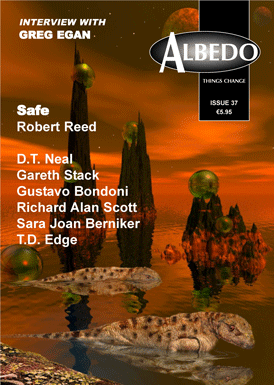 Albedo One, Ireland’s magazine of speculative fiction, is again running the Aeon Award short fiction contest for 2010 (opening Jan 1st to Nov 30th). The Grand Prize is 1000 euro and publication in Albedo One, and the winner will be chosen by respected genre author Ian Watson. A modest entry fee of 7 euro applies to each entry, and can be paid on the website.
Albedo One, Ireland’s magazine of speculative fiction, is again running the Aeon Award short fiction contest for 2010 (opening Jan 1st to Nov 30th). The Grand Prize is 1000 euro and publication in Albedo One, and the winner will be chosen by respected genre author Ian Watson. A modest entry fee of 7 euro applies to each entry, and can be paid on the website. 
